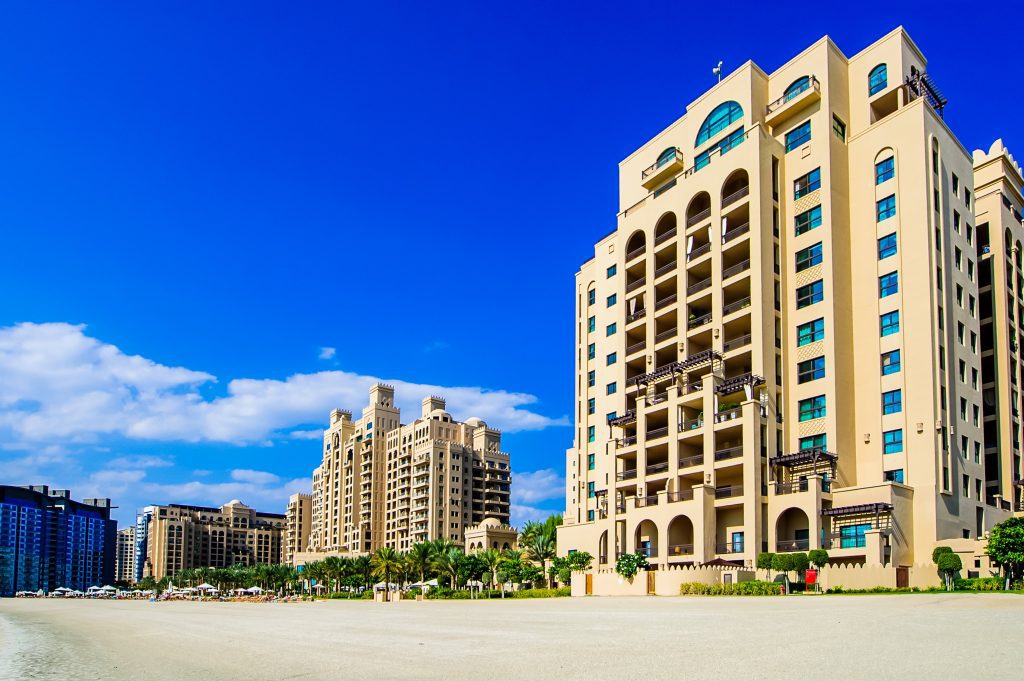Dubai, a rapidly developing investment hub, has some key real estate rules and regulations for buyers and investors.
As a common tourist center, more and more businesses are springing up. This has contributed to the many opportunities being brought by investors, especially in the real estate sector.
Over the last few years, investors and buyers are taking an interest in Dubai properties. As a result, the government has come up with some key real estate rules and regulations for buyers and investors.
Various legal issues related to owning, buying, and selling properties in Dubai are addressed in these rules and regulations. The primary aim of these rules is to protect the interests of real estate Investors and provide room for a fast and hitch-free investment process.
Despite the numerous benefits of investing in properties in Dubai, it comes with a few risks. Having the right information on the real estate laws in Dubai will go a long way in protecting prospective buyers and investors from making wrong buying decisions.
The Dubai Land Department (DLD) was created in 1960 to help in real estate regulation in the Emirate. Its regulatory arm, the Real Estate Regulatory Agency, was established in 2007 by his Highness Sheikh Mohammed Bin Rashid Al Maktoum.
RERA Rules and Regulations for Properties in Dubai
Dubai property buyers and investors are entitled to full ownership of a property and the land (??) on which it was built. Buyers of such property can lease, rent or sell the properties according to the DLD and RERA laws.
Need for Escrow Account
An escrow account is often needed during the point of sale. So, developers will have to register their escrow account with RERA.
When payments are made, they are deposited in the escrow account to protect the client. RERA ensure that these money deposited are used for project development and construction.
The accounts are regulated, audited, and monitored by a designated body that works with RERA.
Law 13, enacted in 2009, made it compulsory for developers to ensure the registration of every transaction including sales, mortgages, leases, etc.
Investors must ensure that their developer is registered with the Land Department. Before marketing and closing a sale, developers are required to get approval from the right authorities.
Selling Off-Plan Properties
Before purchasing an off-plan property, all investors must understand the developer’s conditions. Developers always have their payment conditions laid out. One of these conditions requires a down payment of a certain percentage by investors.
Mortgage for Purchasing Off-Plan Properties
According to law, mortgages for off-plan properties have a maximum of 50 percent loan-to-value ratio. Although, this is only possible when a buyer pays 50 percent of what the property is worth. The buyer may also have to deal with the conditions of the financial institution that wants to finance the properties.
Who Can Buy or Invest in a Property in Dubai
Dubai property law favors both the Nationals and non-nationals. That’s why anyone can invest or buy a property in Dubai in areas assigned by the Dubai Land Department.
The Dubai property law was introduced as a result of the increased interest from international investors, leading to increased economic growth.
Why Knowing Dubai’s Real Estate Rules and Regulations are Important
As an investor, you should be conversant with the real estate rules and regulations, especially when looking at a long-term investment.
The real estate rules and regulations are constantly changing, and improvements are being made to make the process easier for foreign investors.
Having the proper legislation knowledge will help you make a safe and right decision as an investor.
Before you can invest in a property in Dubai, you should get a residential permit to reside in the UAE. But if you are buying a property, you only need to sign a Sales Purchase Agreement (SPA).
Generally, buyers are often required to deposit between 10% and 20% as a down payment. Although, this depends on the payment plan agreed with the Seller. Purchasing an off-plan project requires instalment payments.
In Dubai’s real estate investment, the government directly controls the documentation, money transfers, project development and registration. They do this to protect the interest of the investor, as all payments are made through escrow accounts.
Rental Property Laws
The Law on property rental states that a Tenancy Contract of one year should be signed between a landlord and tenant. Only UAE residents are allowed to enter into a Tenancy Contract with a property owner. Key requirements include valid Passport, Visa and Emirates ID. All rental agreement are required to be registered in Ejari, an online registration system initiated by RERA which has the goal of legalizing the relationship between landlords and tenants.
Also, Owners can increase the rental in accordance with the RERA Rental Index Calculator and shall notify the tenant at least three (3) months prior contract expiry. When dispute occurs between Owner and Tenant and a case is filed, the Rental Dispute Center will be the committee to hand down a decision for the case filed.
The Owner may request tenant eviction from the real property upon the expiry of the lease term provided the Owner notify the Tenant and mention the reason of such eviction at least 12 months prior vacating date. Reason for eviction shall be in accordance with the Law Regulating Relationship Between Landlords and Tenants.
Inheritance Property Law
When a property owner dies in Dubai and is a citizen of another country, the inheritance law of UAE will also consider the other country’s law.
Then, if the deceased holds dual citizenship in two other countries other than the UAE, determining the inherited owners will be done differently.
Investors and buyers of Dubai properties should endeavor to have a valid will that fulfills all UAE and Dubai’s legal standards. Without this, the legal beneficiaries may not have access to properties when they are deceased.
Power of Attorney (POA)
First-time investors should note that they can use the title on a property to complete the transaction.
Any person that acts and signs on your behalf in any real estate transaction, whether it be a sale or lease, are required to have a Power of Attorney accomplished and notarized by Notary Public in Dubai. Physical presence of the assignee is required.
Should the assignee be outside of Dubai, the POA document will need to be attested and notarized by the Consulate and Ministry of Foreign Affairs in the country of origin.
Corporate Structures
An extensive list of companies (holding structure) may be involved when a company is buying the property. In this case, all relevant and updated company documents will need to be translated and fully attested, leading to costly delays when not managed well.
Special interests, Companies, Minors, Probate
An investor can buy a property in their child’s name or the name of the company where a child holds a share. However, when selling such property, the seller needs to get special permission from the Dubai Court. The court will serve as a trustee, and they will grant permission to complete the property sale.
Outstanding Liabilities and Advanced payment
A property under mortgage often requires a mortgage clearance letter. This is because a seller may owe the bank or developer. When this happens, a purchaser will be required to settle all outstanding payments acting in place of the seller.
Therefore, a property investor has to carry out their due diligence before making payments for properties. To protect your funds, visit the Dubai Land Department to enable a seller to clear off their mortgage (if there is any) before you invest in a property.
As a property buyer or investor in Dubai, you are exposed to many dangers. But when you have the right legal advice, you can have a successful transaction without losing your money.
Follow these key real estate rules and regulations for investors and buyers in Dubai to have a hitch-free and fast transaction.










